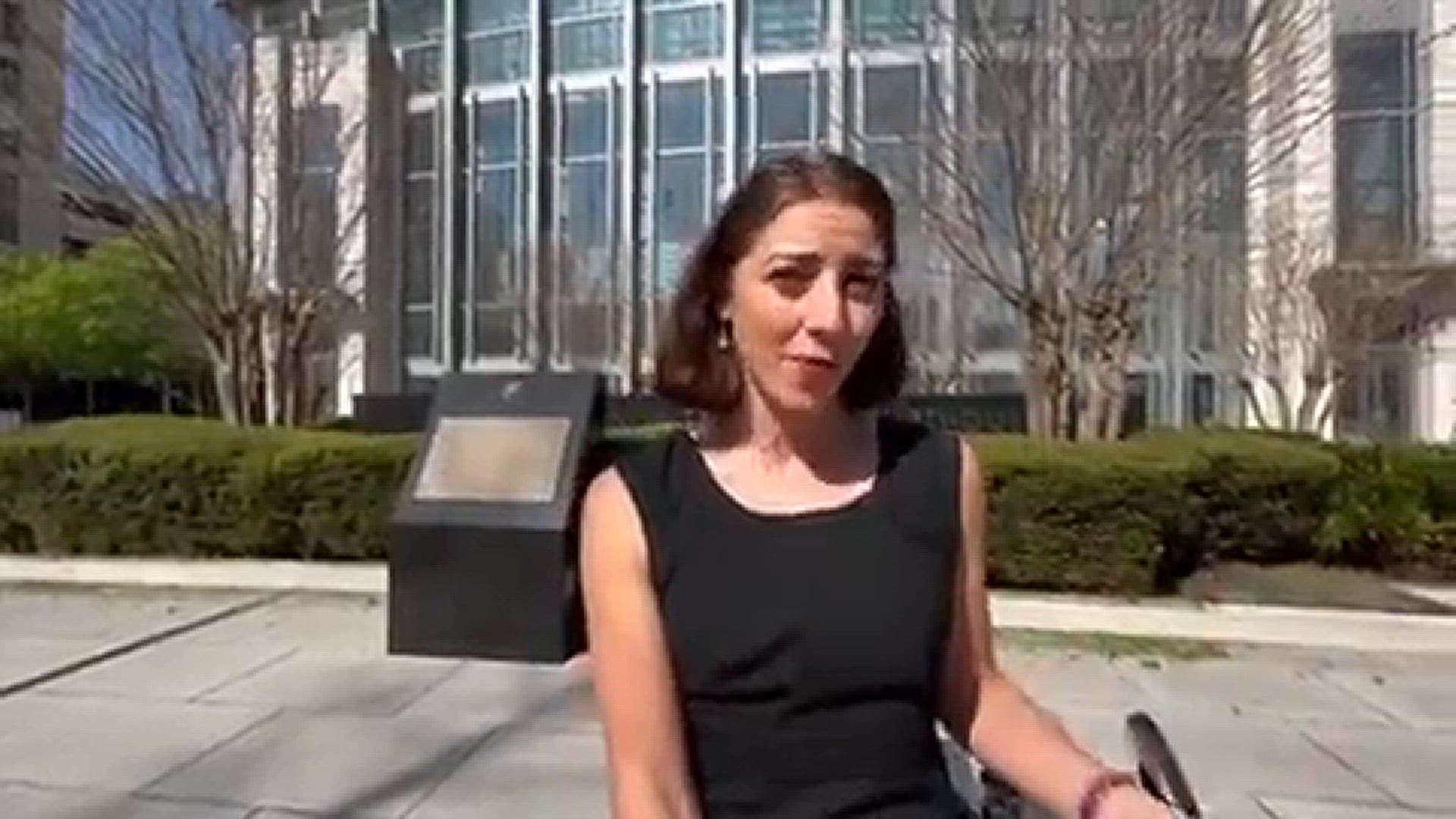JACKSONVILLE, Fla. — Ex-JEA CEO Aaron Zahn and ex-CFO Ryan Wannemacher are waiting to learn their fates Thursday, five years after their alleged crimes. The federal trial, called the biggest corruption case in Jacksonville's history, began with jury selection on February 21.
It will be the end of a story that prosecutors say began in late 2018, when Aaron Zahn became CEO. They allege Zahn began setting the conspiracy in motion on "day one."
Zahn and Wannemacher's verdicts are being decided by two separate juries. The verdicts will be announced individually as they are reached.
They are both charged with two crimes: conspiracy to embezzle federal property and wire fraud.
Zahn and Wannemacher are accused of working together to create a bonus plan that would have made them millions -- while concealing the possible payouts. The plan was linked with a push to privatize JEA, called the city's "crown jewel" throughout the trial. An influx of cash from a successful sale would have funneled money into the plan, but prosecutors say the two executives never explained that the plan could be linked to a sale, or that a sale would drastically change the payouts. If this scenario had played out, it could have defrauded the city of Jacksonville of hundreds of thousands of dollars.
READ MORE: Bonus plan explained
Here's what jurors have to agree was proven.
The federal wire fraud charges come from accusations that they used JEA's meetings, which can be livestreamed online anywhere, as part of their strategy to push both the bonus plan and the idea of selling JEA. Prosecutors also argued that they used other forms of wire communication across state lines to further their plot, such as emails to attorneys in New York.
Though Zahn and Wannemacher are being charged separately, in order to charge them with conspiracy, the juror must agree that the two worked to create the plan.
They do not have to believe one or the other was the ringleader; Judge Brian Davis reminded the juries during jury instructions that someone can be a conspirator without knowing all of the information involved in the crime.
Prosecutors do not have to prove that Zahn and Wannemacher actually committed the crime, or that their crime would have been carried out successfully, only that they plotted to do it. They also don't have to prove that they conspired to commit both crimes, just one or the other.
Judge Brian Davis reminded the jurors that "half truths" count as lying. If Zahn and Wannemacher told some of the truth, it doesn't mean that they weren't misleading people into furthering their plan.
Davis told jurors they must agree that their defendant acted "knowingly and with specific intent," and using poor judgement or making a mistake does not count.
READ MORE: What happened during closing statements

